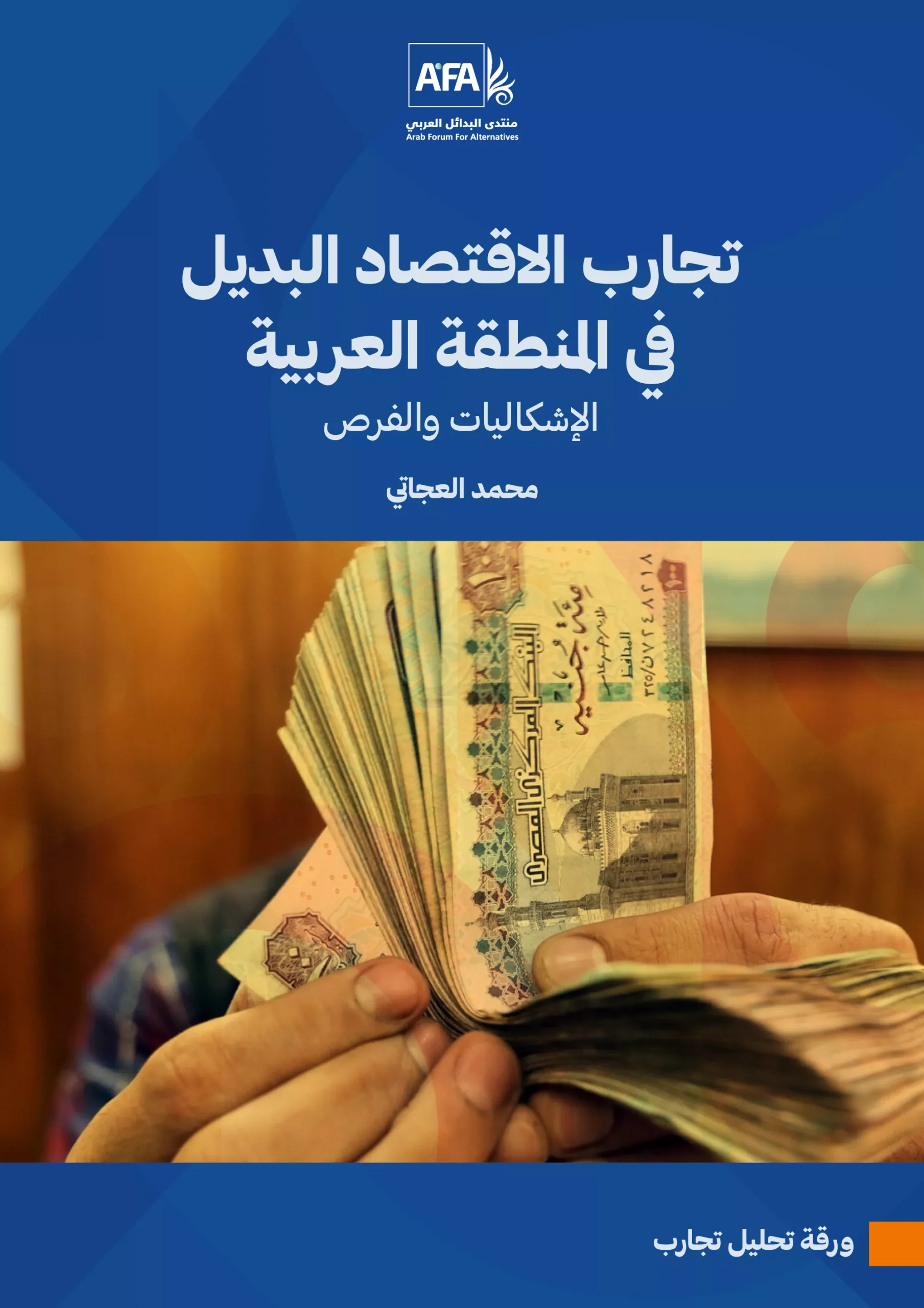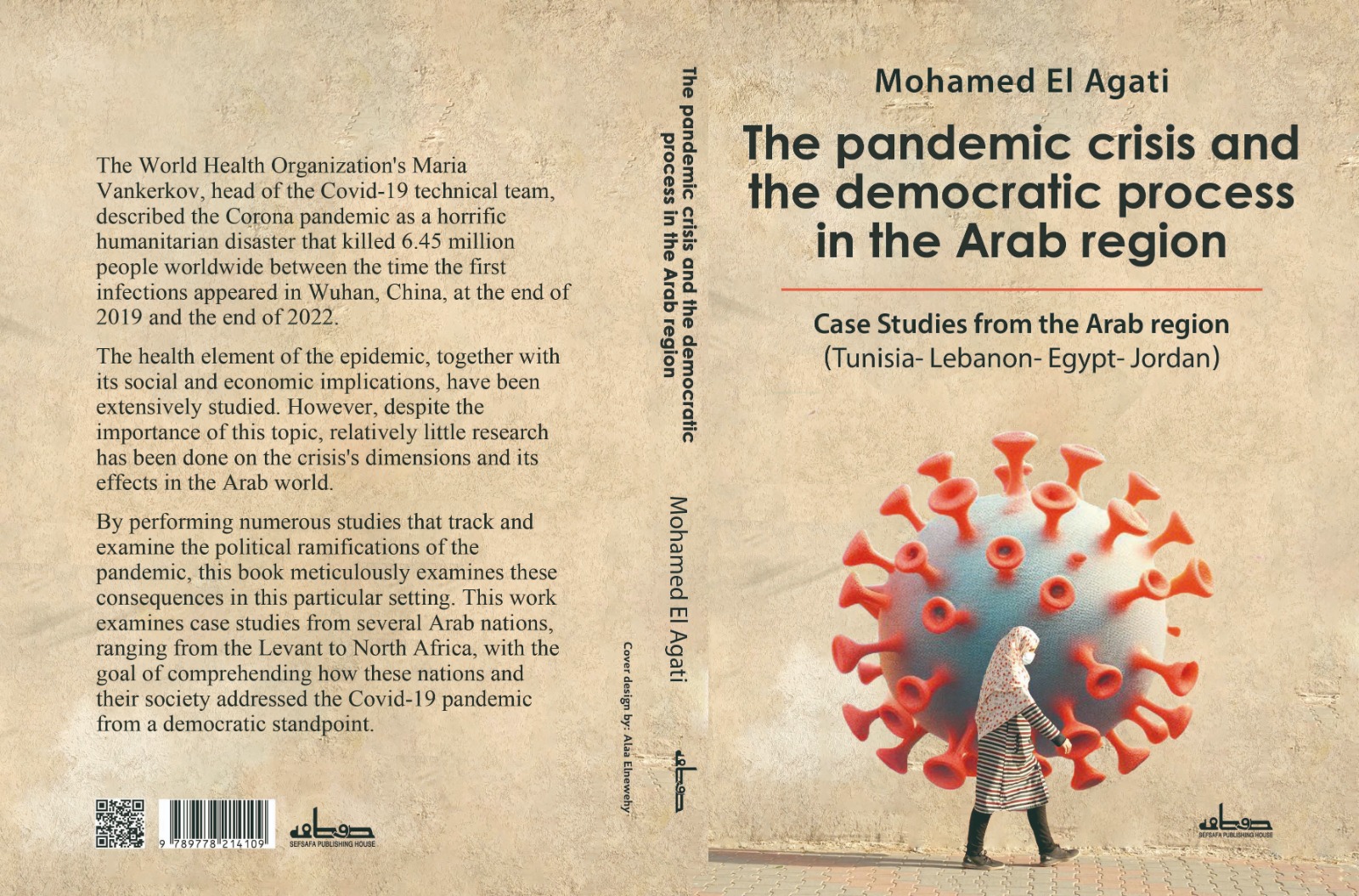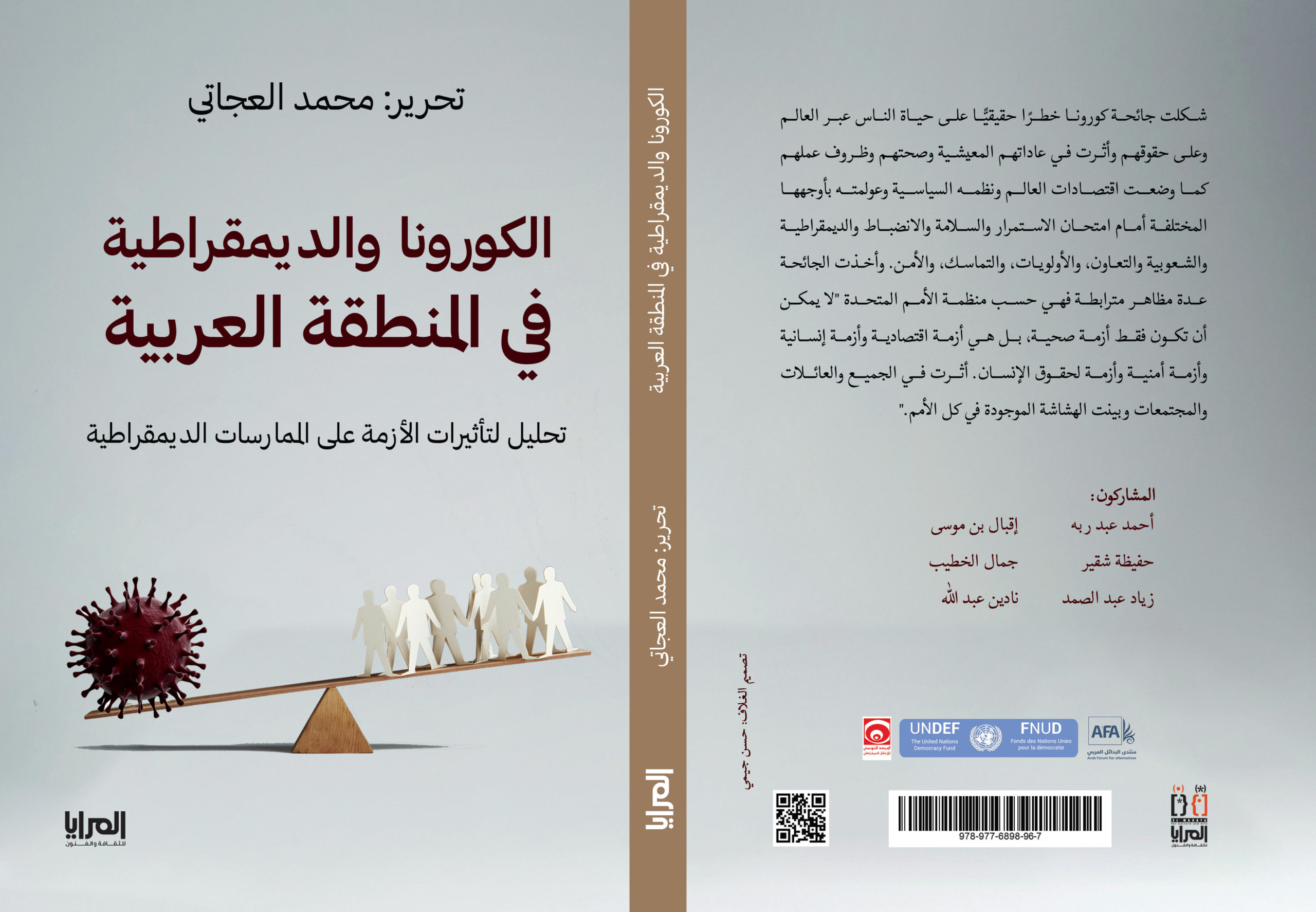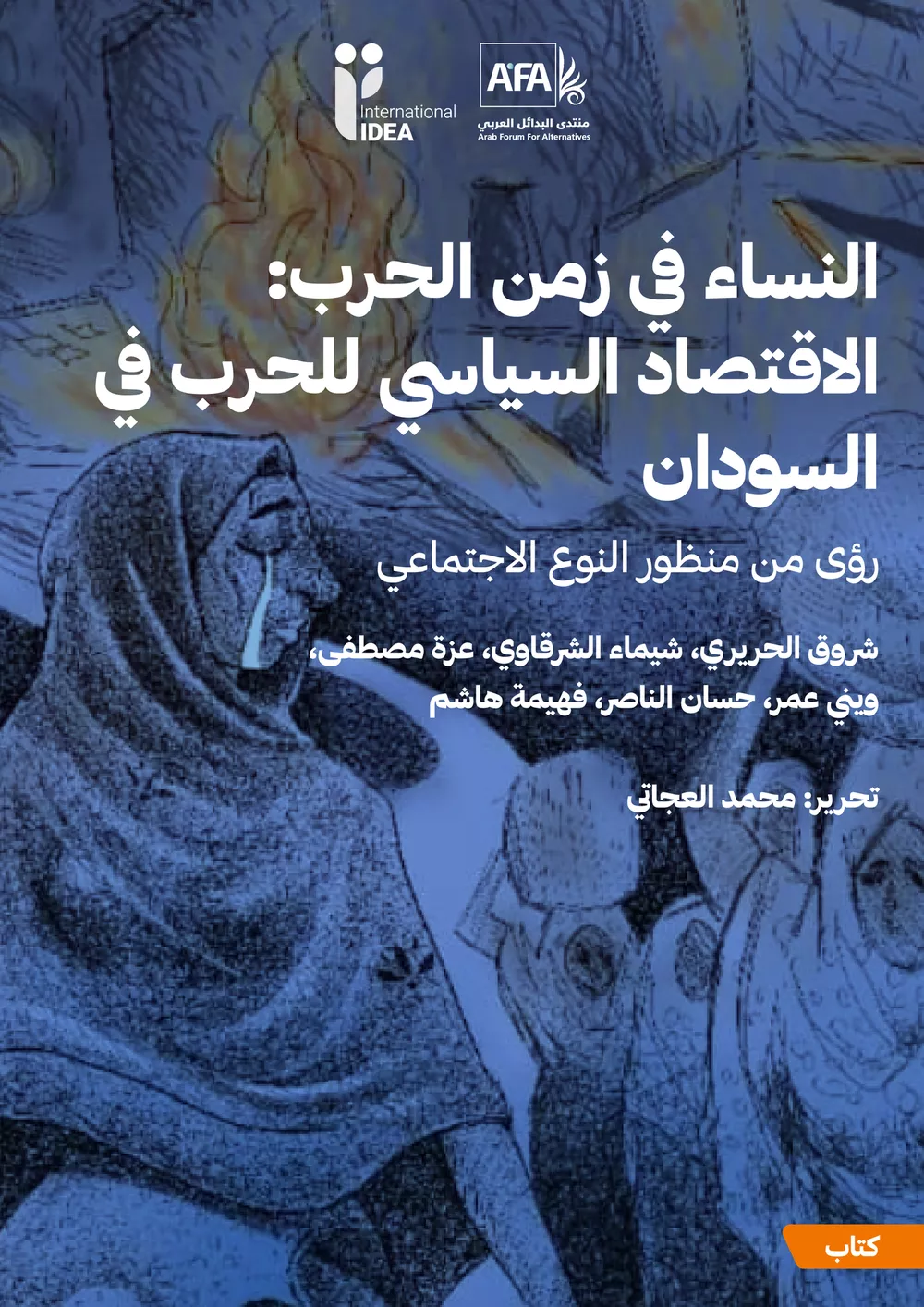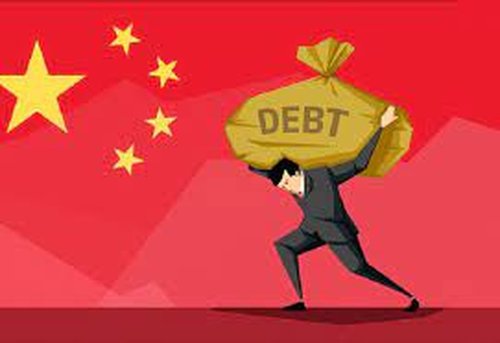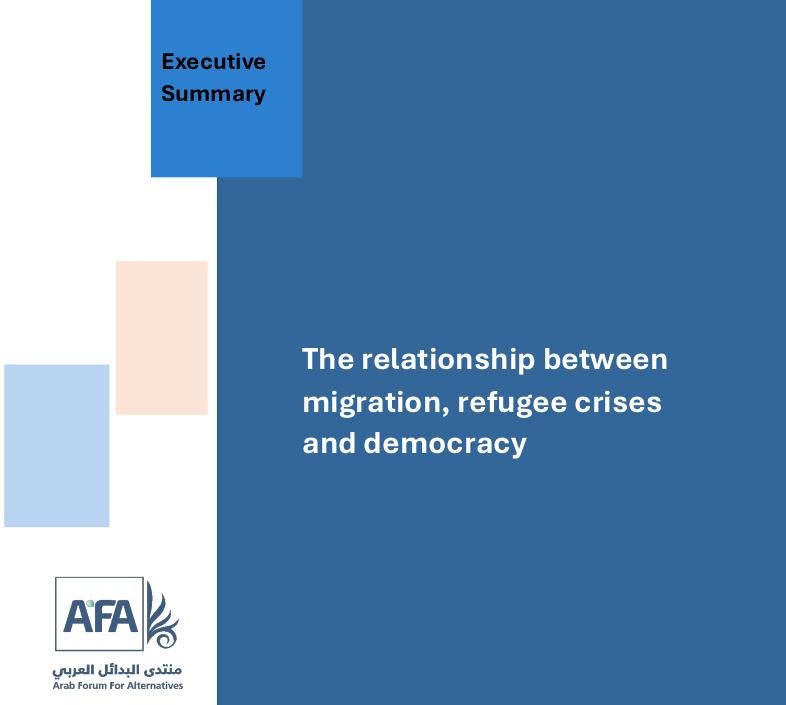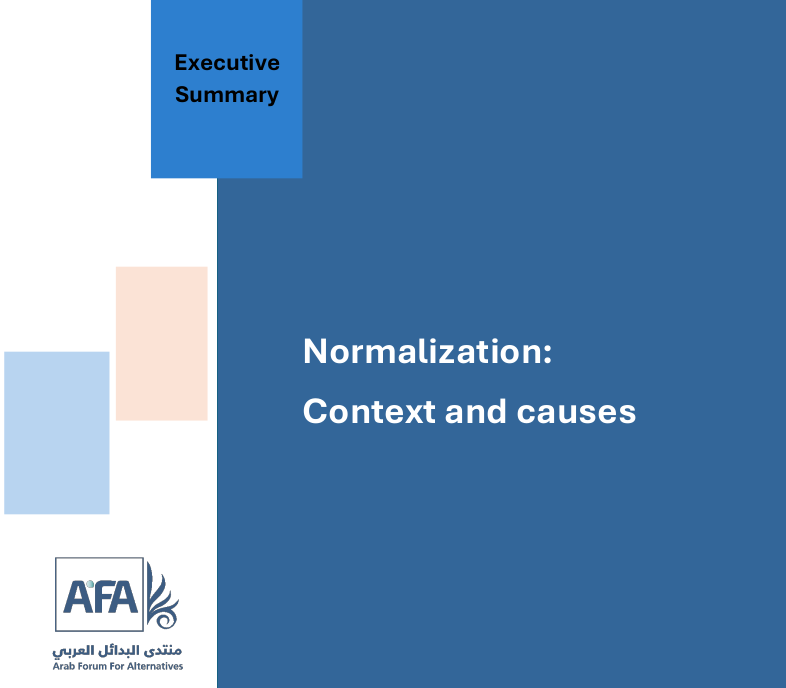The Jewish Mobilization against the Israeli War on Gaza
Georges FahmiPalestineSince October 7, 2023, solidarity movements with Palestine in western countries have witnessed remarkable activism by Jewish voices opposing the Israeli war on Gaza and condemning Israeli state’s attempts to use Jewish religious texts, as well as the history of persecution of Jews during World War II, to justify its war against the Palestinians. Jewish groups around the world demonstrated in large numbers to denounce Israel’s actions and narratives. While some of these Jewish groups limited themselves to rejecting Israel’s occupation of Palestinian lands since June 1967, others went further, declaring their rejection of the very idea of Zionism…




